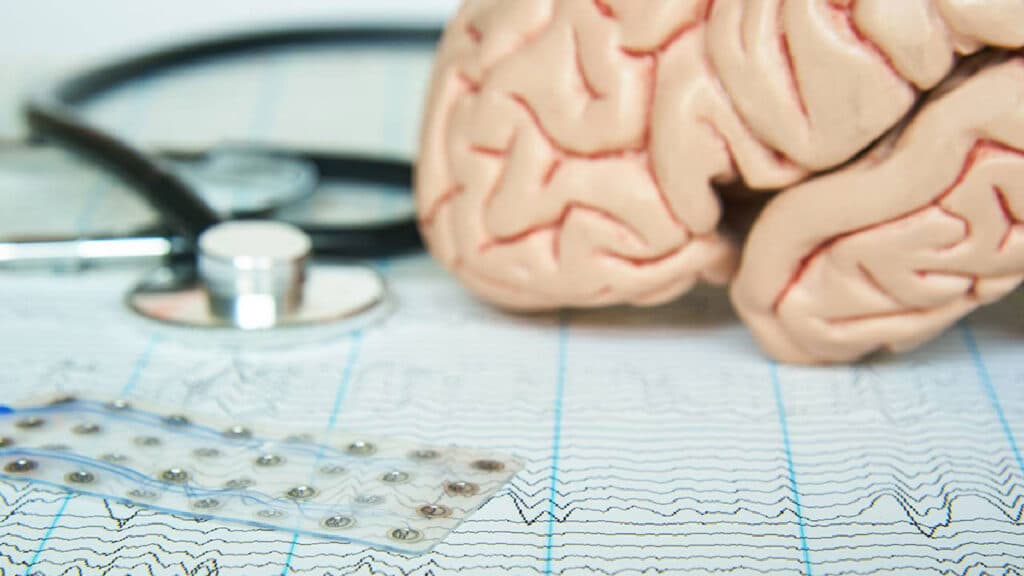Your brain is incredibly complicated and responsible for all sorts of different things. When it has problems, whether they’re physical or mental, you can feel it in all aspects of your life. There’s an intangible quality to mental illness, even when it does have a physical cause, and that can make it easy to forget that you do need to take care of the physical aspects of your brain’s wellbeing.
Neurodegenerative conditions such as Alzheimer’s, Parkinson’s and multiple sclerosis occur when you lose neurons, or the neurons stop working properly. It’s a physical cause. Once the neurons are gone, we currently have no way to get them back. There’s no cure. What we can do is start looking after our brain health so it’s much harder for these conditions to take hold in the first place.
Some of these steps are things that may sound familiar and that you should probably be doing anyway. When you eat a balanced diet with all the right nutrients, exercise regularly, and cut back on smoking and drinking, you might think you’re protecting your heart and circulatory system. You might not realize you’re protecting your brain, too. After all, all the parts of the body are connected.
There are specific mental exercises you can do as well – the kind that are more obviously good for the brain. Reading, board games, card games, crosswords and sudokus all keep your brain active. There’s no single specific activity that we can say is best, but they all encourage the brain to make new connections when the old ones are degenerating because of Alzheimer’s or similar problems.
Believe it or not, there’s a third type of activity that’s good for the brain, and that’s social activity. People who are socially isolated are at a higher risk of dementia, although we don’t know exactly why. We do know that having connections with family and friends, or taking part in volunteering or other hobbies that involve other people, are generally good for our happiness and health in all kinds of ways.
It’s never too soon to start thinking about your brain and its health. That means considering the physical, mental and emotional aspects of its wellbeing and taking steps to protect all three. They may not outright stop neurodegenerative conditions, but they could reduce their power.




